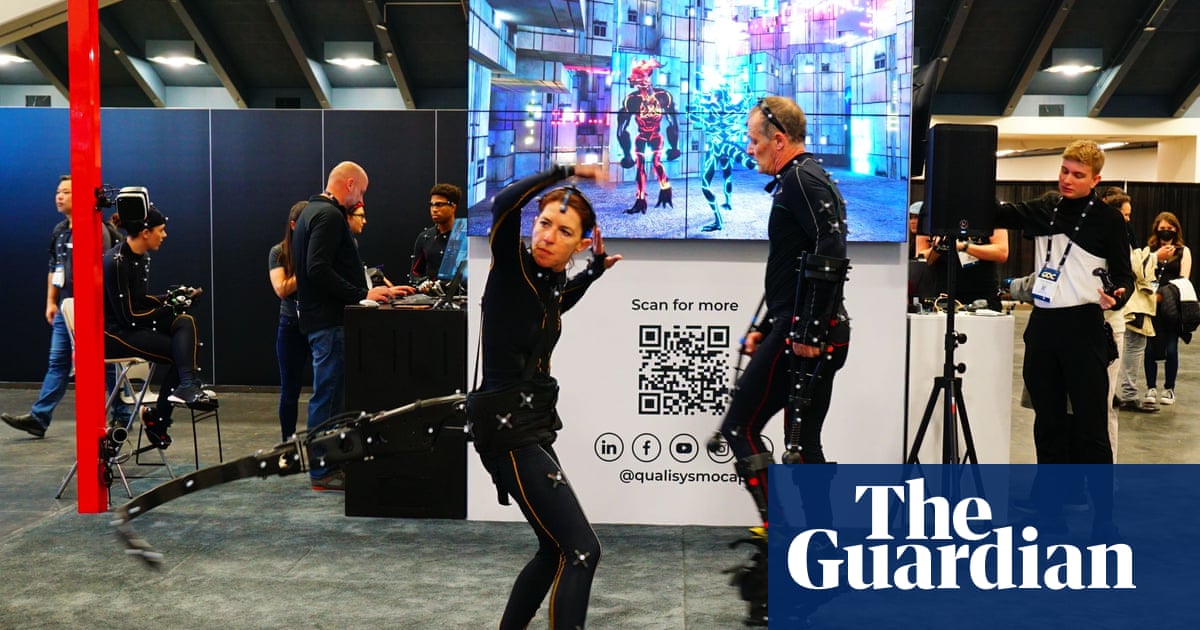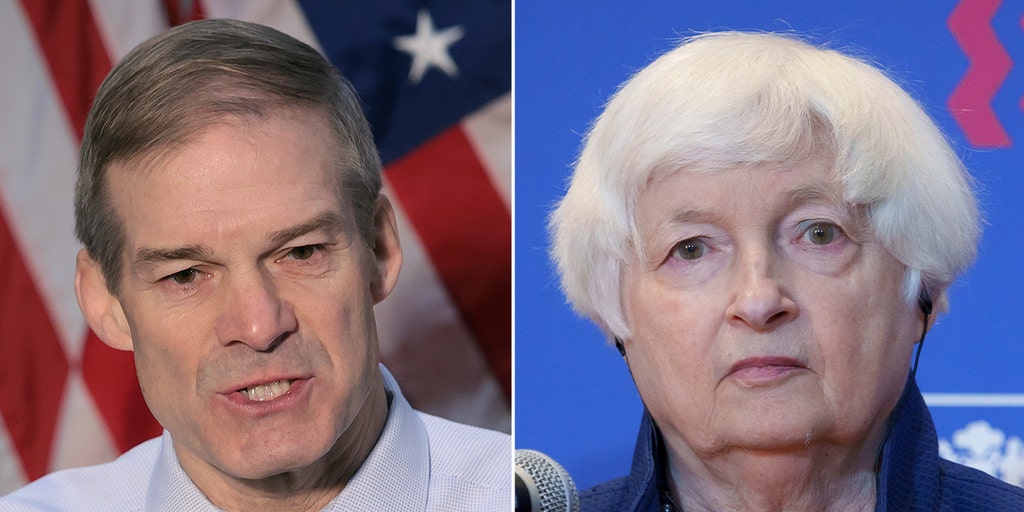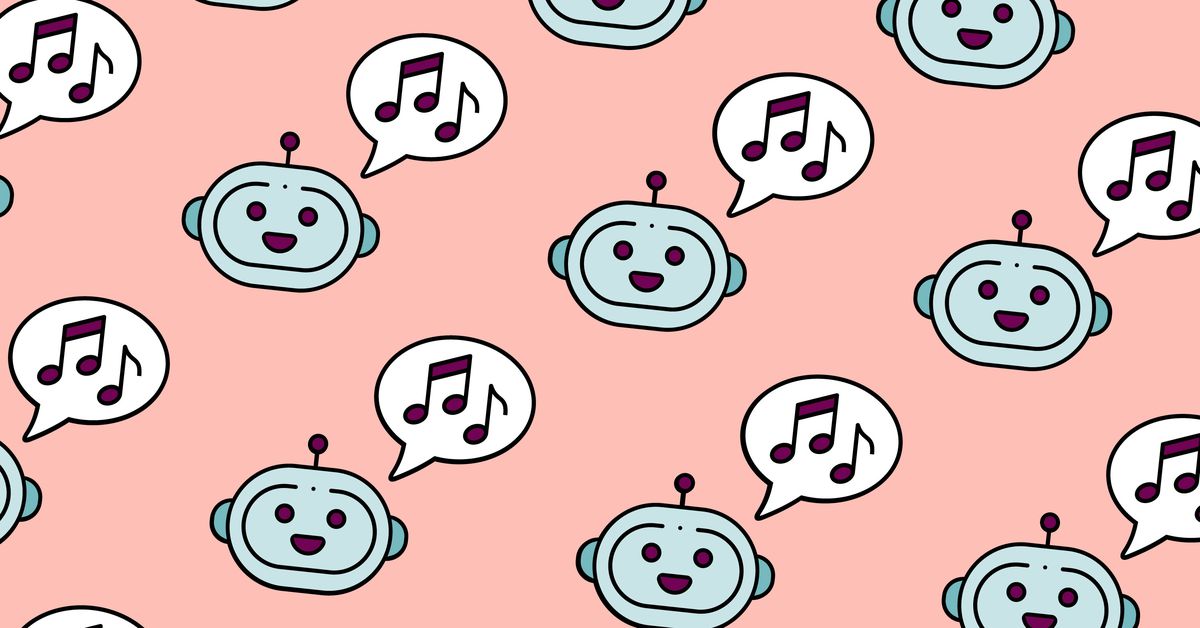Despite the sunny spring weather in San Francisco this week, the atmosphere among nearly 30,000 professionals in the video game industry was somber as they gathered in the city for the annual Game Developers Conference (GDC). Some individuals were so dissatisfied with the current state of affairs within their organizations that they arranged a group cathartic screaming session in a garden.
Maxi Molina, a game programmer from Spain attending the event, expressed, “Those of us with responsibilities who are able to attend are going through the motions and attempting to enjoy ourselves. However, there is a palpable sense of discontent in the industry today.”
The entertainment sector witnessed over 10,000 layoffs in 2023, up from 8,500 in 2022, as reported by the Game Industry Layoffs initiative, which monitors staff reductions in game development and publishing globally. Companies of various sizes, from small independent game developers to industry giants like Epic Games, Microsoft, and Sony, have been affected by layoffs. The trend is escalating, with 2,000 gaming professionals losing their jobs in February alone – a fivefold increase compared to the previous year, according to the layoff tracker.
In addition to the ongoing layoffs, a resurgence of “anti-woke” ideology reminiscent of the Gamergate controversy from a decade ago has further disheartened many individuals who have been advocating for increased diversity and safety in the gaming sector.
Molina, who also serves as a diversity consultant in the gaming industry, remarked, “It’s a persistent issue in the industry. I believe that in the years following the emergence of Gamergate, people chose not to address it – but that does not make it disappear.”
In response to these challenges and others, Caryl Shaw, a former Epic Games producer, and Scott Jon Siegel, a Fortnite Festival designer, orchestrated a collective primal scream session in a park opposite the Moscone Center, where the GDC was being held.
Organizers of the scream event stated, “The game industry is crumbling around us, yet we are all converging in San Francisco for a week to pretend that everything is fine. Let’s take a moment to stop pretending and express how it truly feels to be a game developer in 2024.”
‘Increased Support Needed’
While some attendees at GDC felt pressure to maintain a positive attitude despite the challenging industry climate, the event organizers chose to address the issue directly by tailoring this year’s program to address unemployment and layoffs, according to Stephenie Hawkins, GDC’s event director.
Hawkins stated, “Given the industry’s shifts and the prevalence of layoffs, I believe people need support now more than ever. Bringing people together has been our top priority.”
To support this goal, GDC offered discounted tickets to unemployed attendees, established job boards for both employers and job seekers, organized speed-networking sessions, and increased the availability of lounges and communal seating areas to facilitate networking. They also introduced a “travel together” initiative to connect attendees staying in close proximity so they could engage in conversations while traveling to events.
Reflecting on the current state of the gaming industry, Hawkins, who has been the GDC event director since 2021, shared that the existential moment prompted organizers to adopt a retrospective theme for this year’s conference. The expo floor featured a booth from the Oakland-based Museum of Art and Digital Entertainment where attendees could play classic games on vintage systems, and GDC hosted several “postmortem” panels discussing iconic games like Karateka (1984) and Chapter 1 of the Elder Scrolls (1994).
“We aimed to celebrate and acknowledge the legacy of the gaming industry, reflecting on its evolution as we look towards the future,” Hawkins explained.
‘Impact of AI’
The future of the gaming industry, much like technology in general, is heavily influenced by discussions surrounding artificial intelligence (AI) and its potential implications. A survey released by GDC in January revealed that 84% of respondents, primarily individuals working in the gaming sector, expressed some level of concern about the ethical use of generative AI.
These concerns were evident at the conference, with AI-focused panels drawing significant interest – developers, investors, and industry experts queued up outside sessions such as The AI Revolution, featuring speakers from EA Games and Roblox. Kyle Gordon, a Sony employee working with PlayStation, shared his cautious optimism regarding the integration of AI in gaming.
Gordon mentioned, “AI is a significant consideration – the landscape is evolving rapidly. I am intrigued by how we can leverage this technology to develop tools that reduce costs and shorten development timelines.”
Hawkins noted that the conference’s research indicated a higher adoption of AI tools among independent developers compared to larger studios, as it enables them to achieve more with fewer resources.
The potential applications of AI to streamline development processes have been a focal point of discussions, particularly in light of concerns about “crunch” culture in gaming – the practice of demanding intense, often unpaid overtime from employees to meet project deadlines. While some view AI as a means to automate mundane tasks in development, others raise questions about creative ownership, a prevalent issue across various industries as AI technologies advance.
Nico Perony, director of AI Research at Unity Games, emphasized during an AI in gaming panel, “It is challenging, but we ensure that we only utilize clean and licensed data. Game developers bear the responsibility to uphold these standards, as many artists are rightfully concerned about how their work may be utilized by generative models.”
‘Empowerment through Unionization’
Amidst the backdrop of layoffs and AI advancements, advocates within the gaming industry are urging more workers to consider unionizing to secure better protections. At a panel titled Now is the Time! Workers in Games are Ready to Form Unions, proponents highlighted the current environment as an opportune moment to organize.
Chrissy Fellmeth, a representative of the International Alliance of Theatrical Stage Employees, remarked, “Employees are being let go from their positions, regardless of their dedication and performance levels. Individuals are apprehensive about the possibility of losing their livelihood at any moment. This underscores the importance of forming unions now.”
Efforts to unionize in the gaming sector are gaining momentum, with Microsoft recently recognizing a union comprising 600 Activision QA workers – marking the largest video game union in the US to date. Gaming unions in the UK have also experienced a surge in membership as layoffs have intensified. Despite this, the GDC industry survey revealed that only 5% of developers surveyed were part of a union, while 57% believed that unionization among industry workers is essential.
Fellmeth emphasized, “By standing united, we can shield ourselves from unilateral decisions that impact us without our input. Why should we continue to live in fear of sudden layoffs?”










